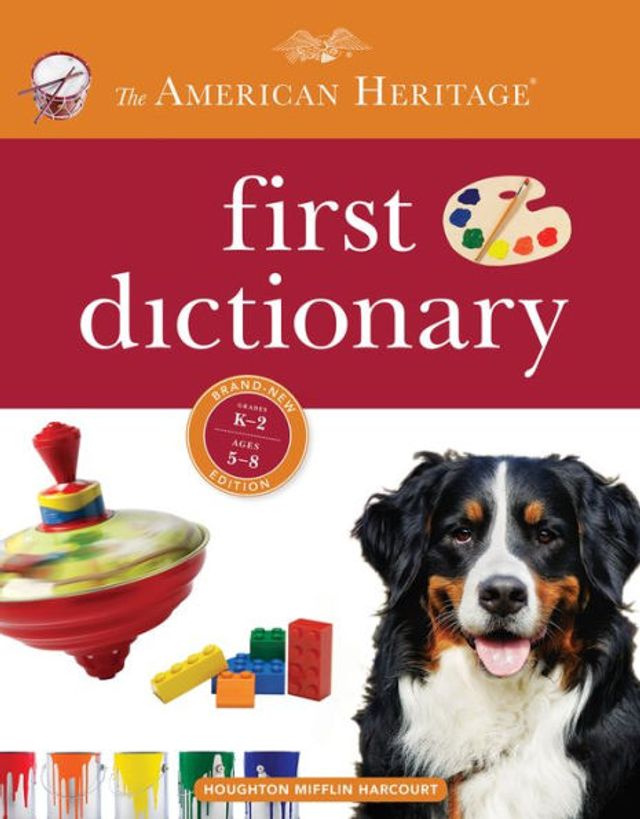Home
Frumspeak: The First Dictionary of Yeshivish
Barnes and Noble
Frumspeak: The First Dictionary of Yeshivish
Current price: $50.00


Barnes and Noble
Frumspeak: The First Dictionary of Yeshivish
Current price: $50.00
Size: OS
Loading Inventory...
*Product information may vary - to confirm product availability, pricing, shipping and return information please contact Barnes and Noble
Frumspeak
examines the unique linguistic habits of Orthodox, native-born Americans. This book seeks to draw comparisons with parallel phenomena of Jewish linguistic creation including Yiddish and Ladino and reaches into the linguistic consciousness of the American Orthodox community to reveal how that community thinks, communicates, and educates.The Jewish religion molds the character of this community and determines how it works, builds a home life, celebrates, and educates children. By focusing on Jewish education, the community fosters an intimacy with the classic primary texts of Judaism. These texts are replete with memorable linguistic formulations, vivid imagery, and technical terminology, all of which govern the ways in which Orthodox Jews face the challenges of daily life.Orthodox children often gain academic exposure to sophisticated concepts years before they have to undertake the responsibilities of adulthood. With each new encounter a reference to rabbinic literature is drawn upon, and the classical terms become associated with tangible experience. The result is the English, Hebrew, Aramaic, and Yiddish amalgam that this book terms Yeshivish.Yeshivish grows increasingly prevalent as the American Orthodox community continues to grow into a strong, organized body responsible for its own education and welfare.
examines the origins of Yeshivish and attempts to determine its place in religious and linguistic thought.As a dictionary,
provides definitions for Yeshivish words and suggests an English equivalent for each. Every entry traces the etymology of the original word to the point at which the word enters the language. All definitions include a sentence drawn from actual experience, to exemplify each meaning and to distinguish it from others.
examines the unique linguistic habits of Orthodox, native-born Americans. This book seeks to draw comparisons with parallel phenomena of Jewish linguistic creation including Yiddish and Ladino and reaches into the linguistic consciousness of the American Orthodox community to reveal how that community thinks, communicates, and educates.The Jewish religion molds the character of this community and determines how it works, builds a home life, celebrates, and educates children. By focusing on Jewish education, the community fosters an intimacy with the classic primary texts of Judaism. These texts are replete with memorable linguistic formulations, vivid imagery, and technical terminology, all of which govern the ways in which Orthodox Jews face the challenges of daily life.Orthodox children often gain academic exposure to sophisticated concepts years before they have to undertake the responsibilities of adulthood. With each new encounter a reference to rabbinic literature is drawn upon, and the classical terms become associated with tangible experience. The result is the English, Hebrew, Aramaic, and Yiddish amalgam that this book terms Yeshivish.Yeshivish grows increasingly prevalent as the American Orthodox community continues to grow into a strong, organized body responsible for its own education and welfare.
examines the origins of Yeshivish and attempts to determine its place in religious and linguistic thought.As a dictionary,
provides definitions for Yeshivish words and suggests an English equivalent for each. Every entry traces the etymology of the original word to the point at which the word enters the language. All definitions include a sentence drawn from actual experience, to exemplify each meaning and to distinguish it from others.


















